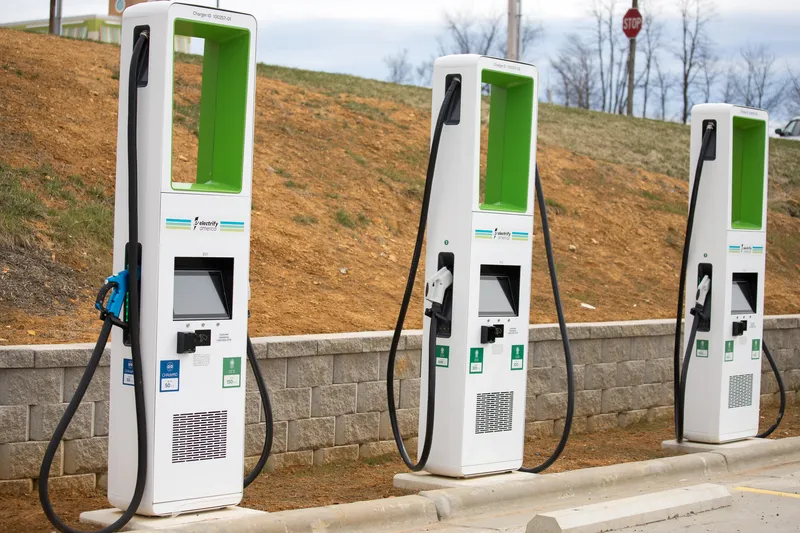Canada has joined forces with the University of Ontario Institute of Technology (UOIT) to upgrade its Automotive Centre of Excellence (ACE) with the intention of assisting companies and researchers in their efforts to reduce carbon emissions in the automotive industry.
Under the agreement, ACE will add a Moving Ground Plane – a belt that serves as a road moving under a vehicle, simulating the aerodynamic forces against moving vehicles and measuring the physical characteristics in real-world conditions.
The announcement was made by Steven Del Duca, Ontario minister of economic development and growth and Granville Anderson, MMP for Durham in Oshawa.
Duca said: “Ontario is pleased to continue its support for UOIT’s Automotive Centre of Excellence – the innovations happening here every day are truly ground-breaking. Partnerships like this are essential to helping our province continue to lead the way in developing and commercializing transformative vehicle technologies. It will help keep Ontario’s auto sector at the cutting-edge of product innovation and competitiveness.”
Dave Pascoe, vice president of engineering and research and development, Magna International, said: “Access to sophisticated engineering tools like this wind tunnel will enable companies like Magna to develop better passive and active aerodynamic products which reduce automobile fuel use and CO2 [carbon dioxide] emissions into the environment.”
Canada partners with University to support Auto Innovation
Canada has joined forces with the University of Ontario Institute of Technology (UOIT) to upgrade its Automotive Centre of Excellence (ACE) with the intention of assisting companies and researchers in their efforts to reduce carbon emissions in the automotive industry. Under the agreement, ACE will add a Moving Ground Plane – a belt that serves as a road moving under a vehicle, simulating the aerodynamic forces against moving vehicles and measuring the physical characteristics in real-world conditions.
February 16, 2018
Read time: 2 mins







